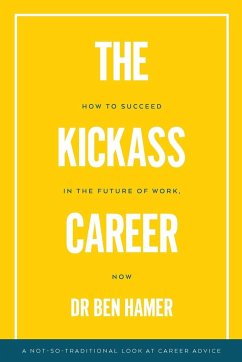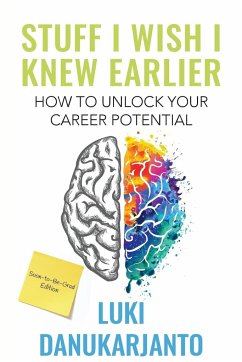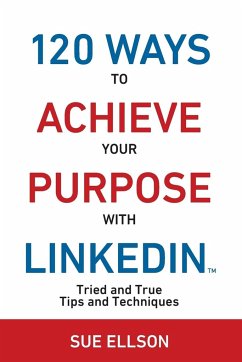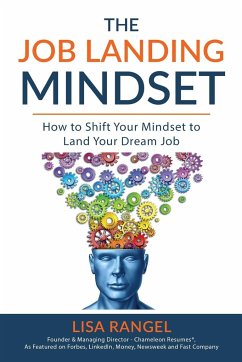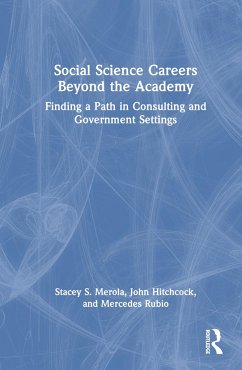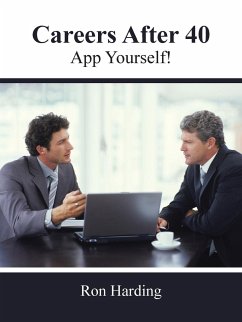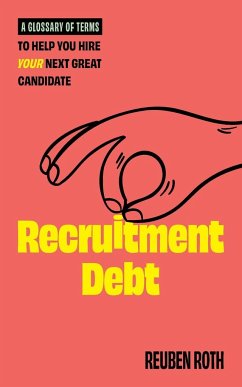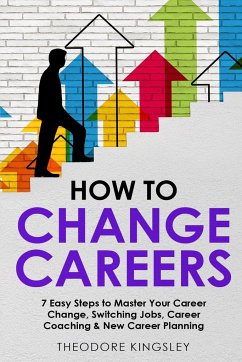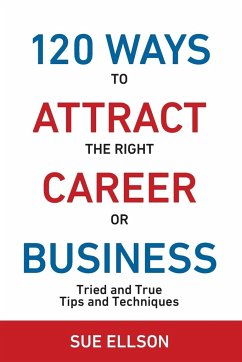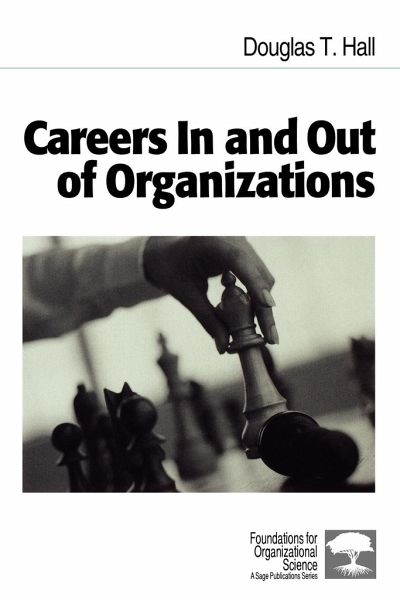
Careers in and Out of Organizations
Versandkostenfrei!
Versandfertig in 1-2 Wochen
176,99 €
inkl. MwSt.

PAYBACK Punkte
88 °P sammeln!
What are the individual and organizational influences on career choices and adult development?''Careers In and Out of Organizations provides an overview of the changing context of careers and describes the role of interpersonal relationships as influences on development of a personÆs identity and learning. The author examines the nature of the new career contract and the different approaches that have been taken to studying career decision making. He explores how career choices are made, the developmental stages people pass through during the course of their working lives in organizations, and the factors related to career effectiveness including integrating career and personal life. The latter third of the book turns from research to the practical issues involved in applying theory including a look at how an understanding of career dynamics can be employed to make careers work better for individuals and for the work communities where they are employed. ''





